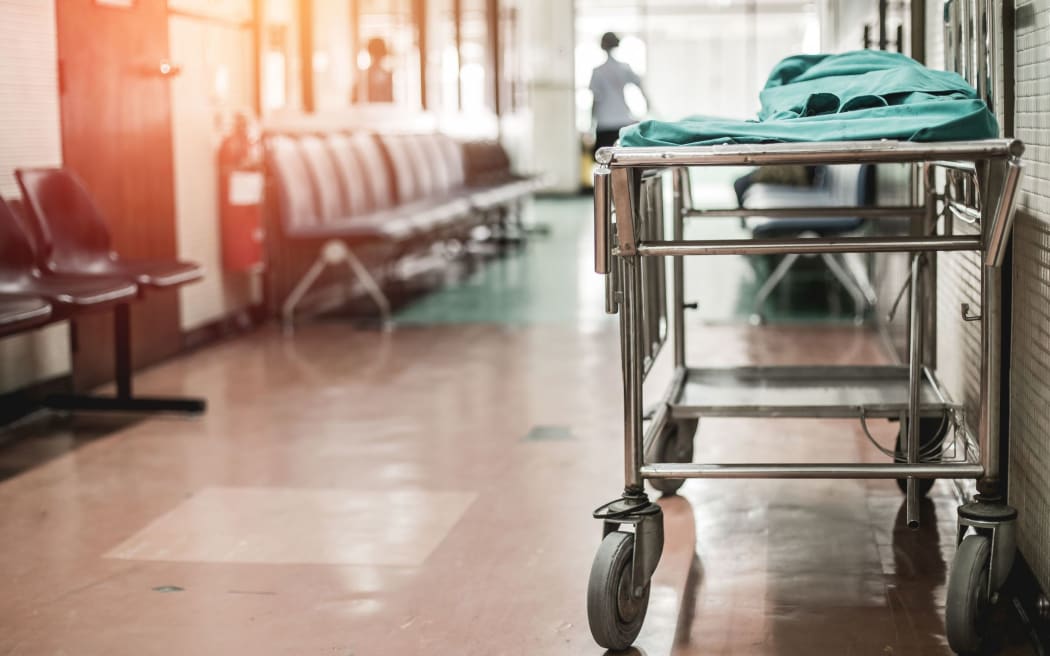District health boards have thanked senior doctors for their efforts in public hospitals during months of turbulence and industrial action in hospitals.

Photo: 123RF
It follows the announcement by the union representing junior doctors, and DHBs, last week that they have settled their long employment dispute and agreed on a new multi-employer collective agreement, or MECA.
This year there were 13 days of strikes at almost all public hospitals since January and 11 days of facilitation with the Employment Relations Authority over two months.
The MECA is yet to be public and the ERA recommendations to the parties will remain secret unless both sides agree to their release, which has not occurred.
An issue in the talks was whether the junior doctors' union, Resident Doctors Association (NZRDA), should retain a power of veto over proposed changes to rosters at individual public hospitals. It argued it should to protect doctors, but DHBs said flexibility was needed at local hospitals for better patient care.
Few details were released by both sides last week when they announced the row was over with agreement on a new two-year deal.
But in a bargaining update to senior clinicians last Friday, DHBs' lead chief executive for the talks, Peter Bramley, thanked public hospital chief medical officers and clinical leaders for working hard to maintain patient services "through a lengthy turbulent bargaining period and significant industrial action".
He also said there were "many positive changes" for DHBs from the new deal.
Dr Bramley added that changes to employment arrangements for the resident medical officers, or RMOs, "open new avenues to implement changes to help us achieve service and performance improvements within a framework that also addresses RMO concerns around fatigue and training".
He said many of the DHBs' claims followed concerns raised by senior doctors about negative impacts arising from the implementation of safer working hours - known as Schedule 10 - in the previous MECA.
He said Schedule 10 remained in the new MECA "but where the NZRDA previously had the say over issues of flexibility, this decision-making now rests with the affected RMOs - for example, when rostered days off might be observed, or increasing the number of consecutive nights".
In addition, a DHB and the affected RMOs on designated rosters, could now choose to agree to hours-of-work arrangements other than those imposed by Schedule 10, provided they comply with the normal limits of hours applying to other non-Schedule 10 rosters.
Dr Bramley said: "The shift in decision-making from the union to affected RMOs is a significant change and includes a prescribed change-management process, recommended by the facilitators, to ensure the NZRDA and RMOs are fully consulted on any proposal to alter working arrangements."
The threshold for agreeing to work changes had also improved, from two-thirds of all the junior doctors affected to the same proportion of those affected and participating.
"This should address the serious concern of clinicians and service managers that RMOs were considered opposed to proposals simply by not participating in the change process under the previous agreement."
The new deal runs from 1 April this year until 31 March 2021. It includes the same pay settlements given to the alternative union Specialty Trainees of New Zealand: 2.5 percent rise from 1 April this year and 3 percent from 30 March 2020.
The RDA members will also get a lump sum of $2000 for house officers and $2500 for registrars.




